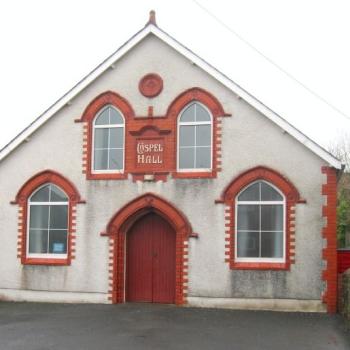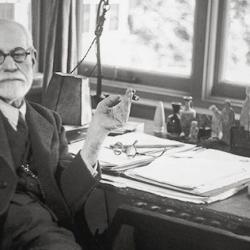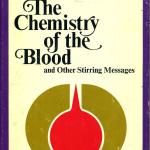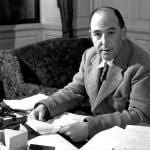Don-John Dugas’s recent Shakespeare for Everyman offers a revisionist account of the rise of “authentic” stagings of Shakespeare in the twentieth century. The very meaning of “authentic” changed, as Sally Barnden explains in her TLS review of Dugas’s book: “Authentic Shakespeare performance was no longer understood to be that which staged, for instance, The Merchant of Venice in a grand reproduction of sixteenth-century Venice, but that which replicated the conditions of the play’s first performance, with limited set, early modern costume, and full (or nearly full) texts.”
Dugas’s book challenges the standard narrative of this shift: “Credit for this sea-change has often gone to William Poel—who staged the first quarto of Hamlet without scenery in 1881 and went on to found the Elizabethan Stage Society—and to Harley Granville-Barker, whose Shakespeare productions at the Savoy Theatre in 1912-14 prioritized ensemble acting and replaced naturalistic sets with minimalist, symbolic backdrops. . . . Don-John Dugas argues that Ben Greet, a collaborator of Poel’s who popularized some of his methods, especially in the US, was a more significant contributor in this regard than has thus far been recognized.”
Greet’s first foray into historically authentic theater was a staging of Everyman: “Although the morality play remained in his repertoire for many years, his company specialized in Shakespeare. They became famous for performing in the ‘Elizabethan Manner’—with relatively light textual cuts and limited sets, often designed to resemble Elizabethan venues such as the Middle Temple Hall.”
Applying the same principles to Shakespeare, Greet revolutionized Shakespearean production using the slogan, “Shakespeare’s plays as Shakespeare wrote them,” and his great contribution was “to reinvent the Elizabethan Manner as a business model and to identify lucrative new audiences for Shakespeare performance.”














